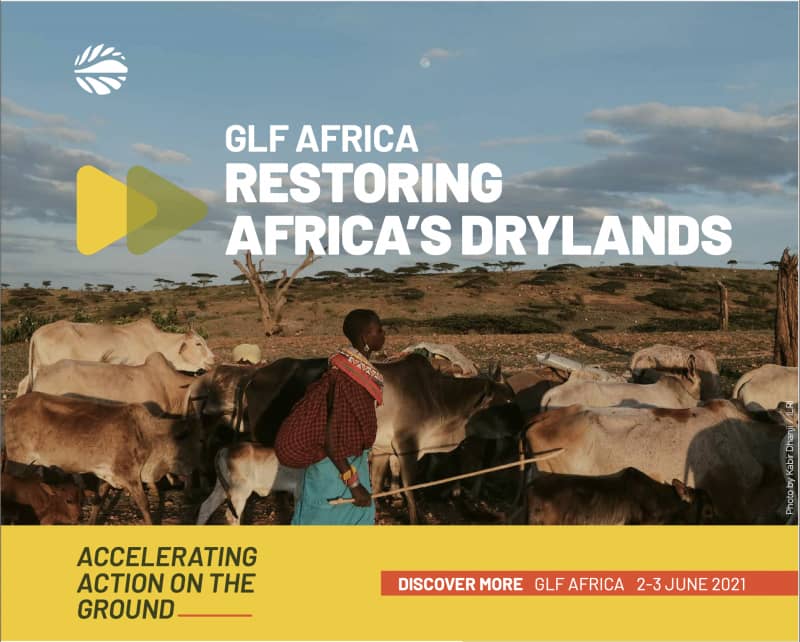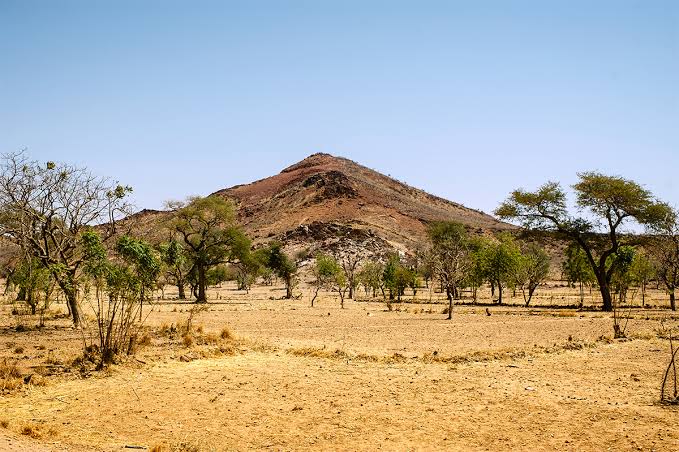
By Arinze Chijioke
The Global Landscapes Forum (GLF) will host its first-ever digital conference on Africa’s drylands.
The two-day virtual conference scheduled to hold from June 2 to Jun 3 will also seek to find out how integrative restoration practices can see the drylands flourish once again.
Drylands are an important biome comprising grasslands, agricultural lands, forests and urban areas, and occupying more than 41 per cent of the global land area.
Trees and forests in drylands generate a wealth of environmental services. They provide habitats for biodiversity, protect against water, wind erosion and desertification.
Africa’s drylands, particularly, are the birthplace of some of the world’s most extraordinary civilizations and species; from ancient kingdoms to wild elephants to “miracle grains” like millet and sorghum.
Sadly, these drylands are rapidly degrading due to the relentless and devastating force of climate change.
Away from climate variations, drylands are vulnerable to human activities such as deforestation which is the large-scale removal of trees in the forest.
It is in a bid to change the narrative that the GLF has put together the conference, entitled, ‘Restoring Africa’s Drylands: Accelerating Action on the Ground’.

This event is to be held before the official launch of the UN Decade on Ecosystem Restoration which runs from 2021 to 2030.
As part of preparations ahead of the conference, a group of journalists have been selected across Africa to receive hands-on journalism trainings to cover the conference and also write about the dryland challenges in their countries by Climate Tracker.
There will also be thematic training sessions led by experts from the GLF team who will be giving presentations on the causes and drivers of landscape degradation and the confounding influence of climate change within the African context.
The experts will look at biodiversity in African dryland ecosystems, the economic impact of landscape degradation, climate-induced migration, supply chains and sustainable value chains and the Global Outlook.
Meanwhile, as the conference will be held virtually, as many as are actively engaged in, interested in and dedicated to the scaling of dryland restoration in Africa can participate.
